Use OEM Spec Oils
Table of Contents
Use OEM Spec Oils
Use OEM Spec Oils
Use OEM Spec Oils

Knowing OEM-Specific Oils: The Ultimate Choice for Your Engine
Hi there, car lovers ! Today, let’s discuss something that frequently comes up, whether you’re talking to your mechanic or perusing the oil aisle: OEM spec oils. “What on earth does OEM spec mean?” may be on your mind. So fasten your seatbelts, because we’re going to take a brief look at the world of engine oil.
What does OEM mean?
The acronym OEM stands for Original Equipment Manufacturer, first and foremost. OEM-spec oil indicates that it satisfies the exact requirements established by the vehicle’s manufacturer. To put it another way, it’s the oil that the people who created your engine have approved and tested. The oil has been specifically engineered to function flawlessly with the complex components and requirements of your specific make and model.
What Makes OEM Spec Oils Useful?
- Optimal Performance: OEM specification oils are designed to give your car’s engine the optimum possible performance. They provide you more power and fuel economy by ensuring that everything functions properly.
- Engine Longevity: Proper oil selection lessens engine component wear and tear. It’s similar to providing the greatest maintenance for your car to keep it in good condition and ensure longer trouble-free driving.
- Warranty Compliance: Automobile guarantees may be complex. Using oils that are not up to OEM standards could make your warranty void. By using the suggested oils, you may be sure you’ll be covered in case something goes wrong.
- Tailored Additives: The requirements of various engines vary. Whether it’s lowering friction, avoiding deposits, or guarding against high temperatures, OEM specification oils are designed with particular additives to meet these demands.
Recognising OEM-Specific Oils
Look for labels that include OEM specs when you’re searching for oil. Words like “satisfies the requirements of [Manufacturer]” or “approved by [Manufacturer]” are frequently used in these. Additionally, there’s a chance that certain certifications—like ACEA, API, or ILSAC ratings—that meet the specifications for your car will be mentioned.
The Final Word- Use OEM Spec Oils
Giving your car the best is the main reason to use OEM standard oils. It’s about making sure your engine is safe and operating at its best every time you get on the road. Make sure you’re using the correct parts the next time your car needs an oil change by taking a moment to consult your owner’s manual or asking your mechanic.
So now you know that when someone refers to OEM spec oils, it’s not just marketing speak; rather, it’s a guarantee of quality and performance from the folks who know your automobile the best.
Have fun on the road and keep those motors running!
So with loads of cheap oil offers floating about our garages, it is important to make sure that the oil has the OEM specifications. of course, most of us garage owners are familiar with the consequencesThe EU has established the majority of the rules and laws that control how we service vehicles.by the EU. Although we are no longer members, we are still part of the agreement network until things change in the future.
Car manufacturers are not able to
tie their cars to their dealer network for servicing. So, this allows the independent garage network to service models as long as the same standard of oils and service parts were used. Most of the good garages are well aware of this and unfortunately, others dont give a damn!
Oil companies such as Millers Oils
here in West Yorkshire have to set certain qualities and standards into their oils. Thus allowing them to be used on a car that is under warranty. This means that car manufacturers can not turn a car away for warranty work simply because it was serviced elsewhere.
Main dealer garages – Use OEM Spec Oils
often tell their customers this untrue story. Cars and Vans can be serviced while a new car is still under warranty, as long as the parts used are of the same quality as the original equipment parts. Of course, including oils such as Millers Oils.
- Continental Van Eco Tyres
- Airless Tweel Wheel Tyre
- Alloy Wheels on Vans
- Nissan Qashqai Battery Problem
- Anti-lock Braking System (ABS)
In 2024 we have now joined Tyresafe.org to help in tyre safety campaigns.
When it comes to oils there are two phrases that are often used: “meets specification” and “OEM approved”. Whilst commonly used, Millers Oils often gets asked what the difference really is and does the difference affect
Source: Millers Oils dispels myths: OEMs, specs, approvals, warranties and Block Exemption
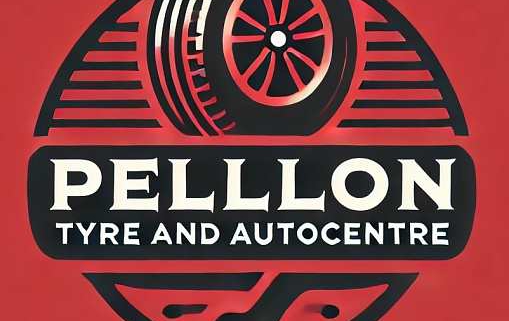
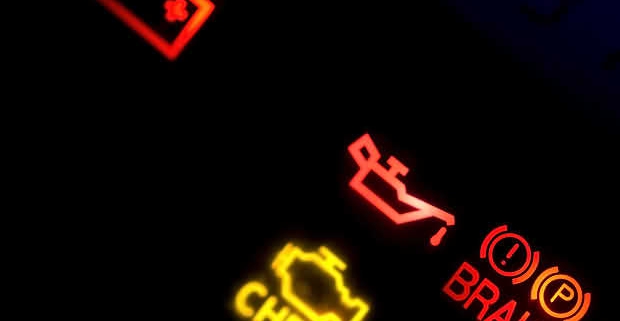
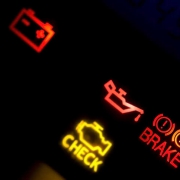
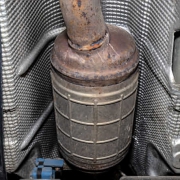

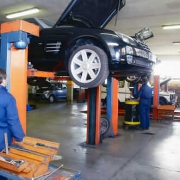
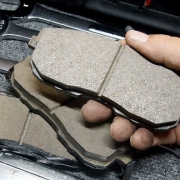
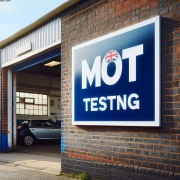


Trackbacks & Pingbacks
[…] social media sites will be the main driving force. Subsequently, the success of the Independent Garage or tyre outlets. So, to enable them to compete at a local level ! In my opinion this is the best […]
Leave a Reply
Want to join the discussion?Feel free to contribute!